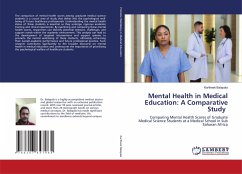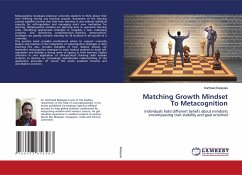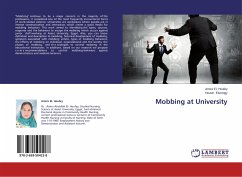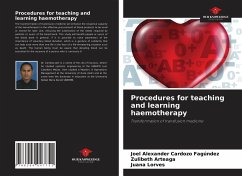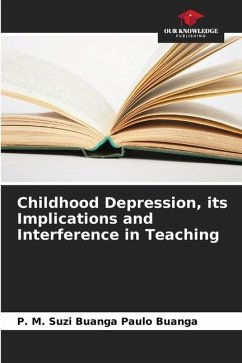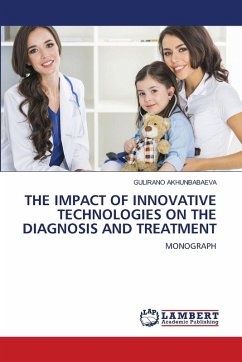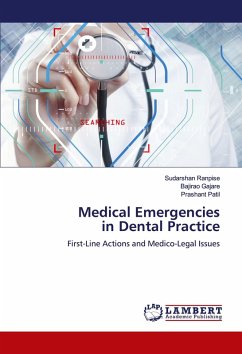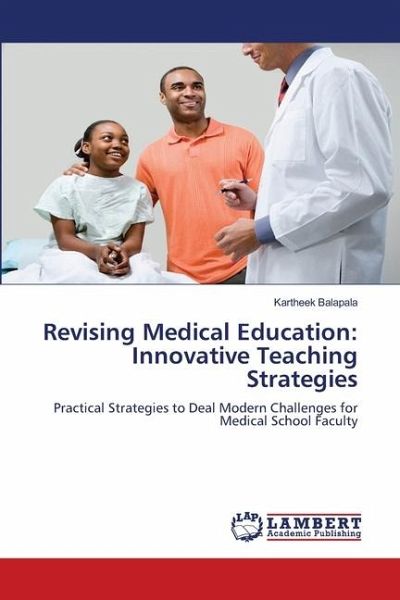
Revising Medical Education: Innovative Teaching Strategies
Practical Strategies to Deal Modern Challenges for Medical School Faculty
Versandkostenfrei!
Versandfertig in 6-10 Tagen
53,99 €
inkl. MwSt.

PAYBACK Punkte
27 °P sammeln!
In the realm of medical education, the philosophy of teaching and learning plays a fundamental role in shaping instructional practices and student outcomes. Educators' personal theories of learning often influence their teaching approaches, emphasizing the importance of engaging students in a manner that fosters curiosity, critical thinking, and active participation. Goals for instruction typically revolve around not just knowledge acquisition but also the development of problem-solving skills, teamwork abilities, and a deep understanding of medical concepts. Students are expected to take an a...
In the realm of medical education, the philosophy of teaching and learning plays a fundamental role in shaping instructional practices and student outcomes. Educators' personal theories of learning often influence their teaching approaches, emphasizing the importance of engaging students in a manner that fosters curiosity, critical thinking, and active participation. Goals for instruction typically revolve around not just knowledge acquisition but also the development of problem-solving skills, teamwork abilities, and a deep understanding of medical concepts. Students are expected to take an active role in their learning process by attending classes regularly, engaging with course materials, and seeking clarification when needed. In contrast, instructors bear the responsibility of creating a supportive and stimulating learning environment that encourages student participation, provides constructive feedback, and promotes a culture of continuous improvement. Variables that promoteeffective learning include interactive teaching methods, opportunities for self-directed learning, and the integration of real-world scenarios to enhance relevance and application of clinical knowledge.



